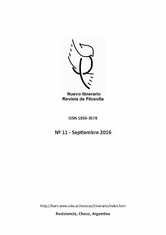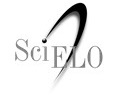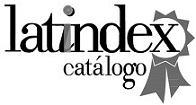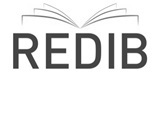Entre las bestias y los dioses: naturaleza y artificio en Jacques Rancière y Leo Strauss
DOI:
https://doi.org/10.30972/nvt.0133124Palabras clave:
Rancière, Leo Strauss, política, posfundacionalismo, negatividadResumen
El presente artículo contrapondrá el modo en el que Jacques Rancière y Leo Strauss piensan la relación entre lo natural y lo artificial, entre physis y nomos. Se abordará esta discusión a la luz de la pregunta por la posibilidad de una teoría política que supere el momento de la negatividad. La restitución de los modos de relación entre physis y nomos que el autor francés permite pensar consistirá en la primera parte del trabajo. La segunda intentará ir más allá de los modos planteados por Rancière mediante una reposición del argumento de Leo Strauss sobre las enseñanzas de la filosofía política, en particular aquellas en torno a la relación entre lo natural y lo artificialCitas
Marchart, Oliver (2009). El pensamiento político posfundacional. Buenos Aires: FCE.
Nosetto, Luciano (2015). “Jacques Rancière, Leo Strauss y el sentido del idealismo platónico”, Leviathan | Cuadernos de Investigación Política, N. 10, pp 59-79.
Rancière, Jacques (2006). El odio a la democracia. Buenos Aires: Amorrortu,
Rancière, Jacques (2012). El desacuerdo. Política y filosofía. Buenos Aires: Nueva Visión.
Rancière, Jacques. (2012) “La fin de la politique ou l‟ utopie réaliste”. Aux bords du politique. Francia: Gallimard, pp. 23-74.
Rancière, Jacques (2012). “Les usages de la démocratie”. Aux bords du politique. Francia: Gallimard, pp. 74-112
Strauss, Leo (2007). “Prefacio a Crítica de la religión de Spinoza”, en Liberalismo antiguo y moderno. Katz: Buenos Aires, pp. 321-371
Strauss, Leo (2014). Derecho natural e historia. Buenos Aires: Prometeo.
Strauss, Leo (2014). “¿Qué podemos aprender de la teoría política?, en ¿Qué es filosofía política? y otros ensayos. Madrid: Alianza, pp. 154-183.
Descargas
Publicado
Cómo citar
Número
Sección
Licencia
Les autores ceden a Nuevo Itinerario los derechos de publicidad de sus trabajos, toda vez que hayan sido admitidos como parte de alguno de sus números. Ello no obstante, les autores retienen los derechos de propiedad intelectual y responsabilidad ética así como la posibilidad de dar difusión propia por los medios que consideren.












51.jpg)

